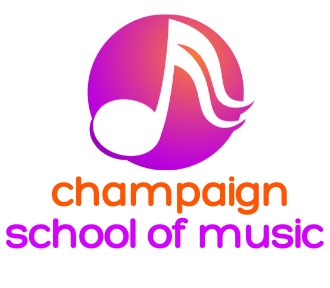The benefits of choosing your own repertoire
When a student is given the opportunity to choose their own music repertoire, several positive changes can occur in their music learning experience. Here are some notable changes and benefits:
Increased Motivation and Engagement: Allowing students to select music they enjoy and are passionate about can significantly increase their motivation to practice and learn. When students are emotionally invested in the music, they are more likely to be engaged in their lessons.
Personal Connection to the Music: Choosing their own repertoire enables students to connect on a personal level with the music. They may select pieces that resonate with their emotions, experiences, or cultural background, fostering a deeper connection to the music.
Enhanced Practice Commitment: Students are more likely to practice regularly when they are excited about the music they are learning. This leads to improved progress and skill development.
Greater Musical Exploration: Encouraging students to choose their own repertoire exposes them to a wider range of musical styles and genres. This exploration can expand their musical horizons and help them discover new interests.
Improved Self-Expression: Allowing students to express themselves through their music choices can boost their self-esteem and confidence. It encourages them to make creative decisions and express their individuality.
Tailored Learning Experience: Customizing the repertoire to the student's preferences and skill level ensures a more personalized and enjoyable learning journey. Teachers can adapt their teaching methods to align with the chosen music.
Cultural Relevance: Students may choose music that reflects their cultural background or heritage. This can foster a sense of pride and connection to their cultural roots.
Empowerment and Ownership: When students have a say in their music selections, they feel a sense of ownership over their musical journey. This empowerment can boost their self-efficacy and enthusiasm for learning.
Increased Retention and Mastery: Students tend to remember and master music more effectively when they have a genuine interest in it. This can lead to better retention of skills and repertoire.
Encouragement of Active Listening: Choosing their own music encourages students to actively listen to the pieces they select, fostering a deeper understanding of musical elements, such as melody, harmony, and rhythm.
Collaborative Learning: Teachers can engage in a collaborative dialogue with students about their music choices, offering guidance, insights, and recommendations based on their expertise. This collaboration strengthens the student-teacher relationship.
Creative Expression: Students may become more inclined to experiment with creative interpretations of their chosen music, encouraging artistic expression and musicality.
Overall, allowing students to choose their own music repertoire enhances their learning experience by promoting motivation, engagement, and a sense of ownership. It tailors the learning process to their individual preferences and encourages them to explore and express themselves through music.
